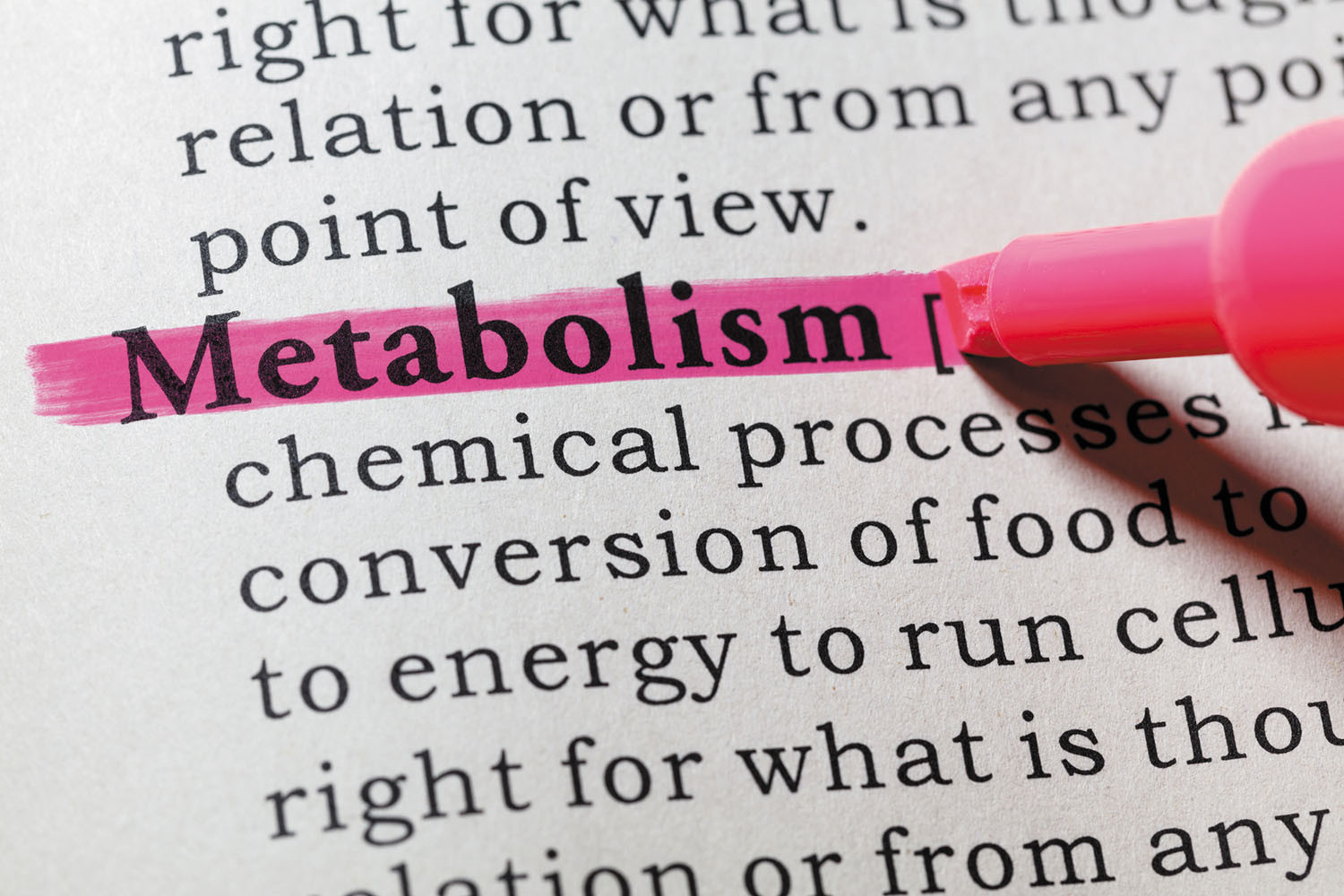
New thinking about plaque in arteries that feed the brain

Want to prevent shifting teeth? Maybe you need retainers

New evidence that polyphenol-rich foods help the heart

What you need to know about the new dietary guidelines

Food that’s healthier for people and planet can be cheaper, too

What are somatic workouts?

How to curb your stress eating

8 simple ways to reduce ultra-processed foods in your diet

How to spot Parkinson’s disease symptoms

Heart failure symptoms in women: How they’re different
Diet & Weight Loss Archive
Articles
Do the new weight-loss drugs improve your health?
The FDA has approved three GLP-1 receptor agonist drugs for weight loss. The drugs not only lower blood sugar and weight, but also quiet inflammation, stimulate the production of antioxidants, help repair damaged DNA, and slow the aging of the body's cells. Evidence suggests that among people who use the drugs for diabetes and obesity, the drugs reduce the risks of kidney disease progression, heart attack, death from heart disease, death from COVID-19, and death from all causes by 15% to 35%.
Can intermittent fasting help with weight loss?
Intermittent fasting is a weight-loss approach that involves not eating for a designated amount of time over the course of the day. One popular approach is called 16/8. Here, people eat during an eight-hour period followed by 16 hours of fasting. Intermittent fasting is often used to help with weight loss by placing the body in short-term ketosis, where the body burns fat for energy. While the supporting research is mixed, there's not much downside to trying intermittent fasting, and it also may help people manage their eating habits.
A healthy lifestyle late in life still offers benefits
A 2024 study of people ages 80 and older suggested that following healthy habits—like eating a diversified diet that includes high amounts of fruits, vegetables, fish, beans, and tea; regularly exercising; and not smoking—can help people live longer.
Grain of the month: Brown rice
Compared with white rice, brown rice contains much higher amounts of fiber, certain B vitamins, magnesium, potassium, and iron. Research suggests that swapping white rice for brown rice may improve blood sugar levels and help with weight control.
Weighing in on weight gain from antidepressants
If you're struggling with depression, the most important question about taking an antidepressant is whether it will work. But another question on your mind may be whether it will fuel weight gain. A new study provides some context.
Tips to change your night-owl lifestyle
Being a night owl might increase the risk of developing many health problems, so it might be worth it for night owls to go to sleep a little earlier. The sleep schedule must be shifted slowly to make a lasting change. Tips to do that include setting a bedtime goal between 11 p.m. and 1 a.m.; going to sleep 20 minutes earlier every five days, until the bedtime goal is reached; possibly using certain sleep aids until the bedtime goal is reached; and setting a consistent wake time no later than 9 a.m.
Should I use a continuous glucose monitor?
Some people with diabetes use a device that continuously monitors the level of blood sugar. The monitor sends the information wirelessly to another device, such as a smartphone, so the person can easily see the blood sugar level. As of 2024, there is no solid evidence that these monitors can help people who do not have diabetes. However, the monitors may one day prove to be useful in people with diabetes risk factors, such as obesity, prediabetes, or a family history of diabetes.

New thinking about plaque in arteries that feed the brain

Want to prevent shifting teeth? Maybe you need retainers

New evidence that polyphenol-rich foods help the heart

What you need to know about the new dietary guidelines

Food that’s healthier for people and planet can be cheaper, too

What are somatic workouts?

How to curb your stress eating

8 simple ways to reduce ultra-processed foods in your diet

How to spot Parkinson’s disease symptoms

Heart failure symptoms in women: How they’re different
Free Healthbeat Signup
Get the latest in health news delivered to your inbox!
Sign Up











